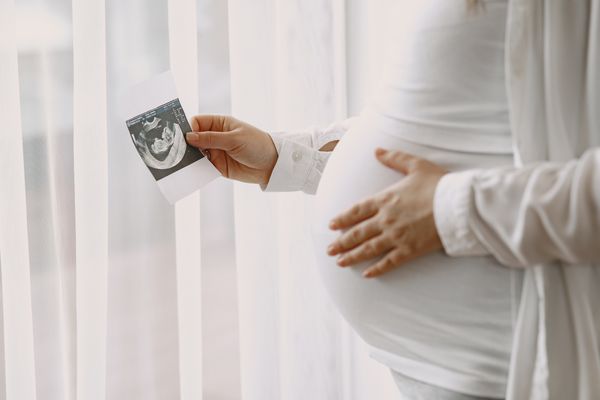It didn't take long this week for the Northern Territory — where wresting two marginal seats off Labor could prove important to the Coalition's re-election chances — to feature on the federal campaign trail.
On Tuesday, federal government frontbenchers touched down in the searing Top End heat to spruik a key budget announcement for the jurisdiction.
The $1.5 billion investment in port infrastructure has prompted rumours of a possible second Darwin port since it was announced as part of the federal budget a fortnight ago.
The project's backers say the money will establish Australia's northernmost major city as an exports and minerals powerhouse — but several questions were raised at the same time as others were answered.
Here's what we know.
What exactly is being promised?
On paper, the investment will fund infrastructure including a wharf, an offloading facility and dredging of the shipping channel.
Gas and mineral exports, manufacturing and hydrogen development are some of the sectors it's expected to support.
Detailing the commitment on a wharf by Darwin Harbour earlier this week, Deputy Prime Minister Barnaby Joyce said it would ensure "this port becomes one of the premier ports in Australia".
The problem is: there isn't a port at Middle Arm, the region south of Darwin that the money will help develop.
Instead, Darwin's port sits in an industrial precinct not far from the city — but its leasing to Chinese firm Landbridge for 99 years has been a geopolitical headache since the deal was inked in 2015.
There's been speculation the federal government could bypass the problem by building a new port entirely since the funding commitment was revealed two weeks ago, and Finance Minister Simon Birmingham has said new facilities could eventually be used by Defence since then.
Pressed on the issue on ABC Radio Darwin on Wednesday, Mr Joyce flagged further announcements in this space.
Jo Laverty: Where's the port coming from?
Barnaby Joyce: The port infrastructure is being added to. This investment adds to it.
JL: There's no port there at the moment. You can't add to something that's not there.
BJ: We will have further announcements to make.
JL: New port — is that what you're saying?
BJ: I'm not saying that at all … I'm saying that we are making sure that we build Darwin into a stronger city, and that's precisely what we're doing, and this is step one.
Is the funding locked in?
The visiting frontbenchers this week insisted they weren't in town to make an election promise because the money had been budgeted.
"This is L-A-W law," Northern Australia Minister David Littleproud told reporters.
"The cheque is cut. It's now time to start burning some diesel, getting on with the job and making sure we develop the resources that are here."
Mr Joyce publicly said the funding timeline is "locked in" but warned Labor could unstitch the commitment if it formed government after the May 21 poll.
But asked later why the project seemingly was not included in the forward estimates period of the recent budget, Mr Joyce said it had been, and pointed to page 133 of the second budget paper.
That page details a $7.1 billion bucket of funding to "turbocharge the economies" of four regional hubs, including in the Northern Territory, over eleven years ramping up from 2022-23.
The release of funding is subject to negotiations between both tiers of government, according to the Commonwealth, which was later asked for further detail.
For its part, Labor's member for the Top End seat of Solomon, Luke Gosling, this week said his party would spend the $1.5 billion but wanted more details on the proposal.
What about business case studies?
One other source of confusion originated in a press release published alongside the budget.
That document from Mr Joyce's office listed the $1.5 billion investment alongside a swag of other projects whose funding, the release said "is conditional pending completed business cases demonstrating value for money and sufficient public benefit for investment".
Mr Joyce was asked if that was still the case on Tuesday and said: "That's locked in. That's going to happen."
His office later clarified, saying business cases are a matter for the Northern Territory government.
A Northern Territory government spokesperson shed more light on the matter.
"The stage one business case has been completed but is not publicly accessible due to it containing commercial-in-confidence information," they said in a statement.
"There are two more stages for the business case to proceed through, including options analysis and the detailed business case."
So, why a second port?
Industrialising Middle Arm into what's being called a sustainable development precinct is a key pillar of the NT government's plan to grow a $40 billion economy by 2030.
The federal government believes its new investment will draw $16 billion in private industry dollars, and the NT government says the precinct will create 20,000 low emission jobs.
The Deputy Prime Minister this week said it would also bring in social services and expand the Northern Territory, whose population has begun shrinking again after a few quarters of growth during the pandemic, according to the ABS.
Meanwhile, environmentalists have argued developing Middle Arm poses an unacceptable threat to the environment, after a risk assessment this week identified potential impacts to marine ecosystems, land-based threatened species and water quality.







